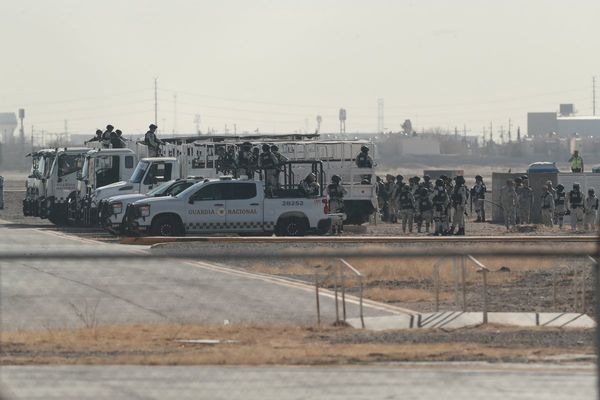
The Union Ministry of Home Affairs has listed 5 ways to spot a fake online job offer:
1. If you get the appointment letter quickly after the initial chat with the employer then it could be a sign of job fraud.
2. A vague job requirement/job description in the appointment or offer letter is another red flag.
3. Notice the language of the email. If written unprofessionally then it could be a scam.
4. If an employer asks for confidential information during the job interview. Do not share such details.
5. If you are asked to pay for your job offers then it could also be a scam.
According to the government, if someone is a victim of cybercrime, they can register their complaint at cybercrime.gov.in.
Last month, the External Affairs Ministry issued an advisory alerting hopeful youth and candidates against ‘fake job rackets offering lucrative jobs’.
The MEA informed that the people were being taken to Myanmar, were held captive to work under harsh conditions, and had been kept in the area of Myawaddy.
The MEA said that ethnic armed groups hold sway and Indian along with several other foreign citizens are being held by them.
On 8 October, the Centre said it rescued about 130 workers who were lured by ‘fake job rackets offering lucrative jobs’ from Myanmar, Laos, and Cambodia.
Last month, Tamil Nadu Chief Minister MK Stalin said in a letter to Prime Minister Narendra Modi that 300 Indians, including around 50 Tamils from the state, were being held captive in Myanmar.
Citizens of other countries in the region have suffered in similar scams.
A U.N. envoy has said the scam networks, which often have links to transnational organized crime, are set up in countries with weak law enforcement, attracting educated young workers with promises of high earnings. The workers are then subject to isolation and the threat of violence unless they succeed in cheating victims reached by phone into transferring payments into overseas bank accounts.







